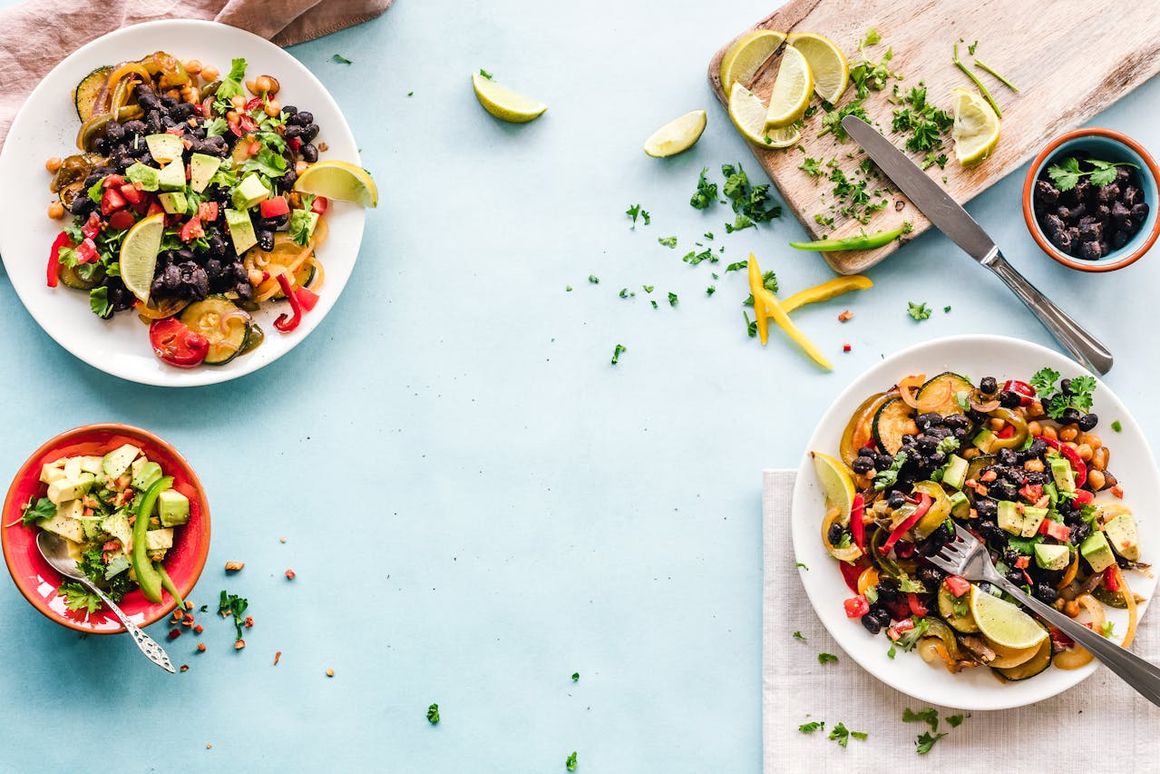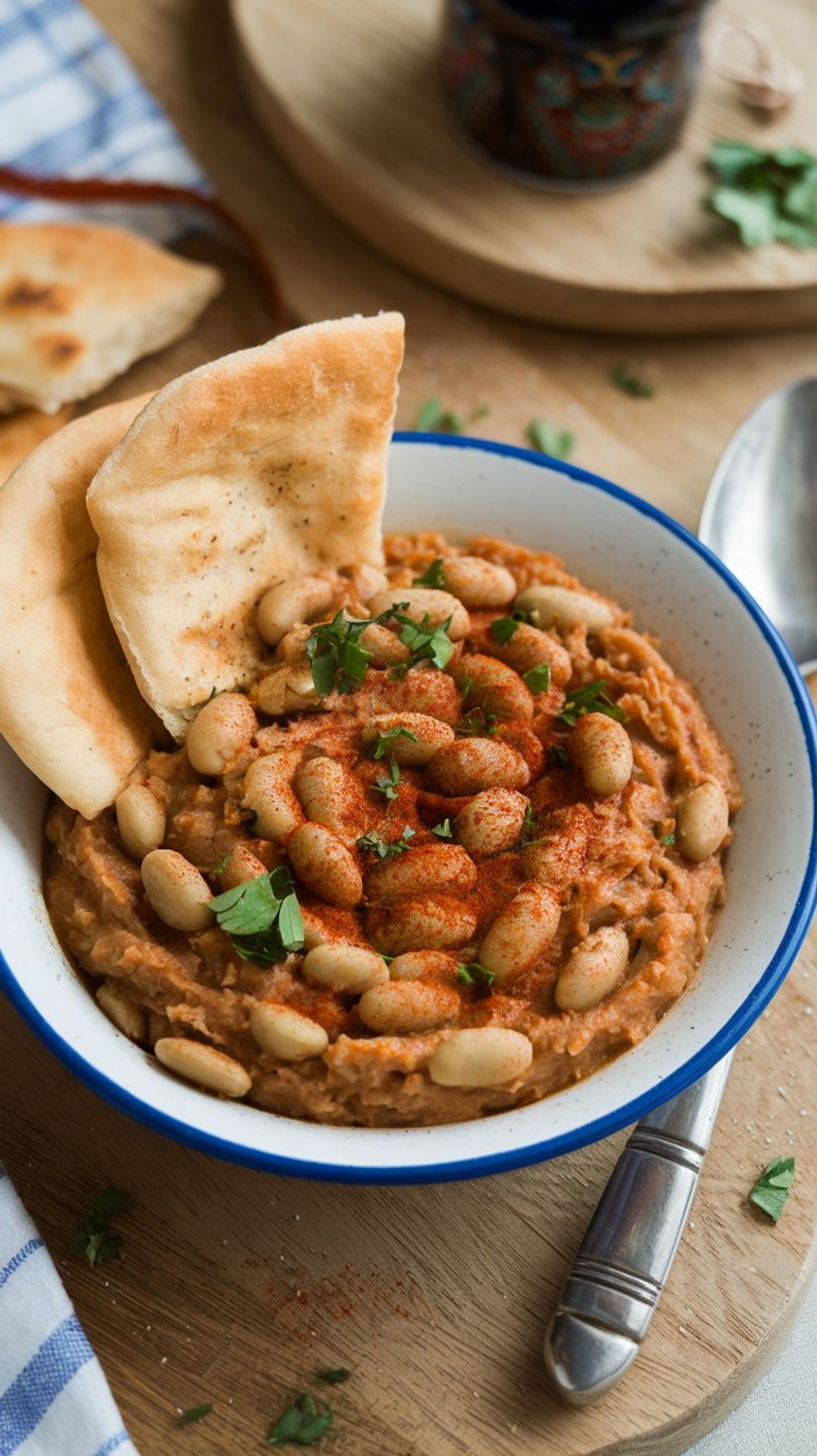Du'a. The very word evokes a sense of intimacy, hope, and reliance on Allah (SWT). Often translated as ‘supplication,’ du’a is far more than simply asking for something. It’s a profound conversation with our Creator, a cornerstone of Islamic practice, and a source of immense strength and comfort for believers. But how can we truly harness the power of du’a in our lives?
More Than Just a Wish List
Many of us approach du’a as a list of needs and wants. While it’s perfectly acceptable to ask for worldly provisions and blessings, the essence of du’a lies in recognizing our utter dependence on Allah (SWT). It’s acknowledging that He is Al-Razzaq (The Provider), Al-Shafi (The Healer), and Al-Kafi (The Sufficient).
The Etiquette of Du'a
Islamic teachings outline a beautiful etiquette for making du'a, enhancing its acceptance and impact:
Sincerity (Ikhlas): Du'a must be made with a pure heart, free from show or hypocrisy. It’s a private conversation between you and Allah.
Humility (Tawadu): Approach Allah with humility, recognizing your weakness and His greatness. Avoid arrogance or demanding tones.
Gratitude (Shukr): Begin by thanking Allah for His blessings, both big and small. Gratitude opens the doors to further blessings.
Repentance (Tawbah): Seek forgiveness for your sins before making your requests. A clean heart is more receptive to divine grace.
Patience (Sabr): Allah answers du’a in His wisdom and timing. Be patient and trust in His plan, even if the answer isn’t immediate.
Facing the Qibla: It’s recommended to face the Qibla (direction of prayer) when making du’a.
Raising Hands: Raising hands in supplication is a sunnah (practice of the Prophet) and symbolizes humility and need.
Times When Du'a is Most Likely to be Accepted
While du'a is accepted at all times, certain times are particularly auspicious:
During the last third of the night: This is a time of peace and tranquility.
During prostration (sujud) in prayer: This is considered the closest a believer gets to Allah.
Between the adhan (call to prayer) and iqama (establishment of prayer).
On Fridays, especially during the last hour before sunset.
While traveling.
When breaking the fast during Ramadan.
Beyond Asking: Cultivating a Constant Connection
Du'a isn't just about asking for things; it's about cultivating a constant connection with Allah. It's a reminder of our dependence on Him, a source of strength in times of difficulty, and a pathway to inner peace.
Let us strive to make du'a a regular part of our lives, not just when we are in need, but as a constant expression of gratitude, humility, and love for our Creator. May Allah accept our du'a and grant us His blessings.


